Certifications that perform well in relevant environmental areas
The beverage should be certified with one or more certifications that demonstrate good performance in environmental areas of the cultivation and production stages. These include biodiversity, soil health, chemical use, water management, waste management, energy, and climate.
The selection of well performing certifications is based on an annual review and comparative study conducted by independent consultants (Intertek) on behalf of the Nordic Alcohol Retail Monopolies (Systembolaget, Vinmonopolet, Alko, Vínbúðin, and Rúsdrekkasøla).
The certification must be product-specific and clearly displayed on the packaging.
Certifications that perform well in relevant environmental areas |
|
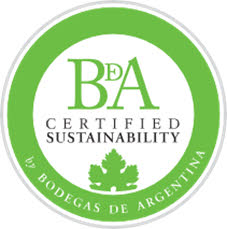 |
Bodegas de Argentina |
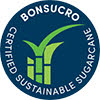 |
Bonsucro |
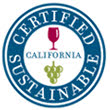 |
Certified California Sustainable Vineyard and Winery (CCSW) |
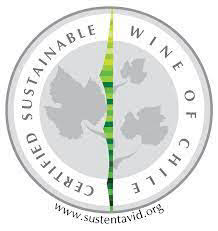 |
Certified Sustainable Wine of Chile |
 |
EcoStep-Wein |
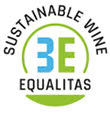 |
Equalitas Sustainable Wine |
 |
EU Organic / EU-ekologiskt |
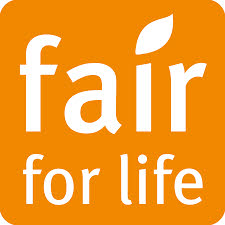 |
Fair for Life |
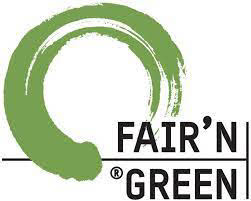 |
Fair ’n Green |
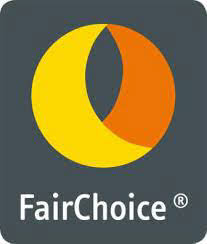 |
FairChoice Germany |
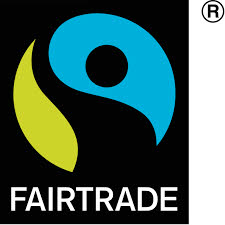 |
Fairtrade - Standard for Hired Labour |
 |
For Life |
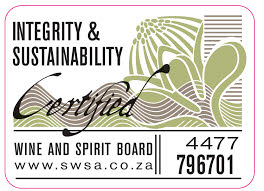 |
IPW South Africa |
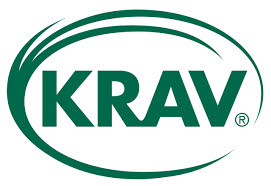 |
Krav |
 |
LIVE Certified Sustainable /OREGON LIVE |
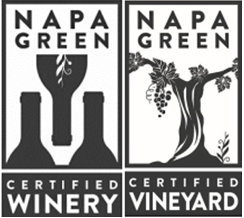 |
Napa Green |
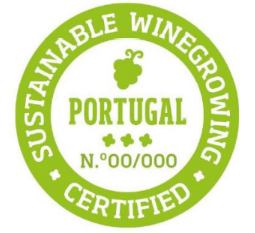 |
The National Reference of Sustainability Certification in the Winesector |
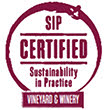 |
SIP Certified |
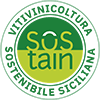 |
SOSTAIN Sustainability in Sicilian Viticulture |
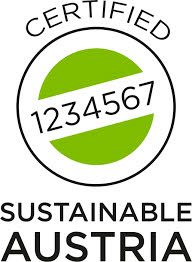 |
Sustainable Austria |
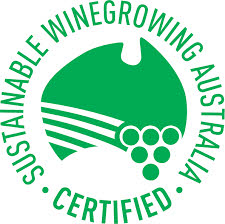 |
Sustainable Winegrowing Australia |
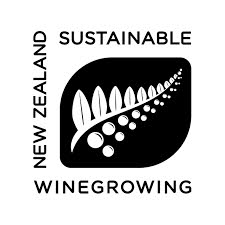 |
Sustainable Winegrowing New Zealand |
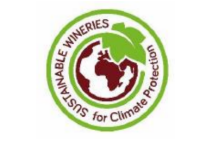 |
Sustainable Wineries for Climate Protection |
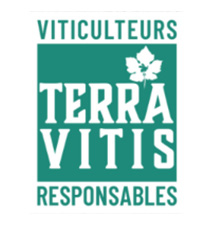 |
Terra Vitis |
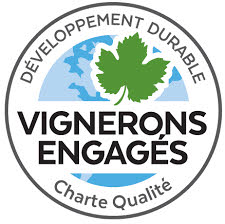 |
Vignerons en Développement Durable |
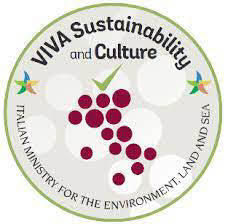 |
V.I.V.A Sustainability and culture |
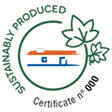 |
Wines of Alentejo Sustainability Programme |
Fairtrade and Fair for Life are primarily associated with social responsibility, but these certifications also impose strict environmental requirements on cultivation and production.
Organic certification is a specific type of environmental certification. Compared to other environmental certifications, organic certifications (such as EU Organic and Krav) stand out due to their stringent requirements regarding pesticides and fertilizers. However, organic certifications tend to have somewhat weaker criteria in other environmental areas. For example, the EU Organic certification does not impose any requirements related to the production stage.
Overall, Systembolaget acknowledges that, despite its strengths and weaknesses, organic certification plays a strategically important role in promoting sustainable agriculture in the future. As such, we continue to include organic certifications in the environmental criterion of Our Most Sustainable Beverages.